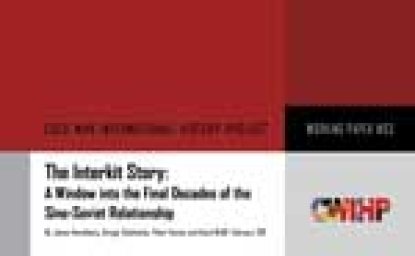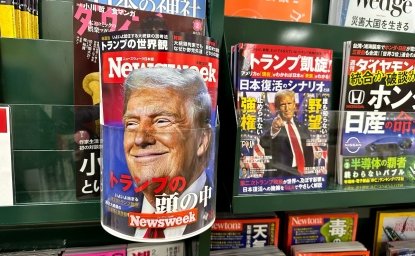Ambivalent Alliance: Chinese Policy towards Indonesia, 1960-1965



In CWIHP Working Paper No. 67, "Ambivalent Alliance: Chinese Policy towards Indonesia, 1960-1965," Taomo Zhou argues that from 1960 until 1965, the governments of the People’s Republic of China and the Republic of Indonesia were bound by a shared aspiration to replace the bilateral world order and enjoyed a remarkably cordial quasi-alliance with one another. At the same time, however, Zhou demonstrates that the official bilateral relationship faced domestic social resistance, exemplified by two waves of anti-Chinese protests in Indonesia. Filling in the gaps in this important but understudied period in Sino-Indonesian relations, Zhou also challenges the existing nation-state-centered narratives of China’s Cold War experience by combining top-down geopolitical analysis with bottom-up processes, and tracing diplomacy in practice and migration on the ground. Through a critical reading of documents from the Chinese Foreign Ministry Archives in Beijing, Zhou contends that the interactions between China and Indonesia were shaped by three transnational forces—the waves of decolonization in Asia, Africa and Latin America, the overseas Chinese communities, and the international communist movement.
Taomo Zhou is a Ph.D. candidate at the Department of History, Cornell University. She can be reached at tz84[at]cornell.edu.
To read CWIHP Working Paper No. 67, "Ambivalent Alliance: Chinese Policy towards Indonesia, 1960-1965," click here or see the attachment below.
Author

Cold War International History Project
The Cold War International History Project supports the full and prompt release of historical materials by governments on all sides of the Cold War. Read more


History and Public Policy Program
A global leader in making key archival records accessible and fostering informed analysis, discussion, and debate on foreign policy, past and present. Read more

Explore More
Browse Insights & Analysis
1962: The Eve of the Left Turn in China's Foreign Policy

Changes in Mao Zedong's Attitude towards the Indochina War, 1949-1973

